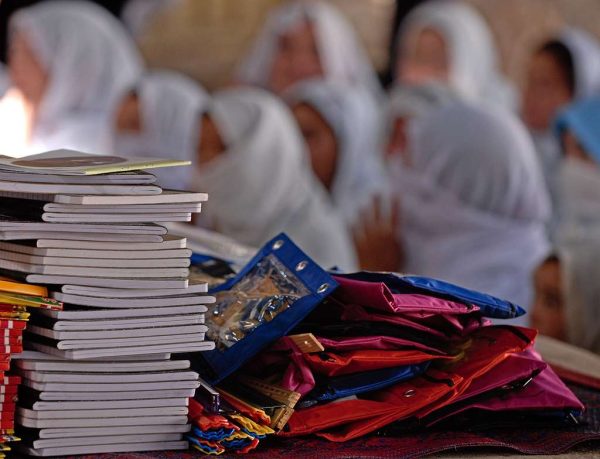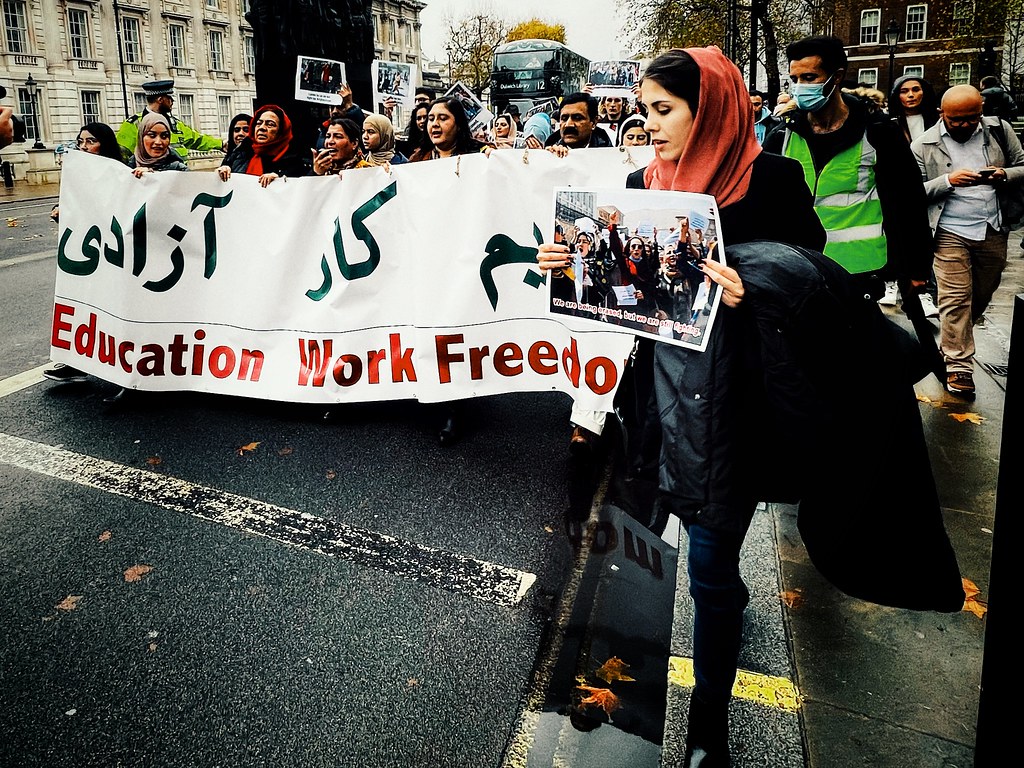Education. The bones of society. Without it, there would be no careers, economic growth, advanced civilization, or modern government systems because everything that people learn to uphold these elements is taught to them. So if the world’s population relies on educated people to run their countries and nations, shouldn’t it be more accessible to more people? Theoretically, this should be the case, but unfortunately, it’s not. Some countries and their leading parties are notorious for restricting education for women.
The history of Taliban activity in Afghanistan is crucial to understanding this freedom crisis because it all led to their brutal regime over the people of Afghanistan. According to the Council on Foreign Relations, the Taliban had been seemingly destroyed by an offensive led by the United States during the year 2001, but twenty years later, they regained their footing and returned to full power to recapture Afghanistan. In the years after, women did have open access to education. A 2023 article published by UNESCO states that education systems in Afghanistan saw an increase in female students from nearly zero to roughly 2.5 million from 2001 to 2018, and by August of 2021, girls accounted for one in four students enrolled in primary education. However, in the past few years, the Taliban went back on their promise to respect women’s rights to high school and college-level education in a quick and devastating turnaround.

In the past three years, the Taliban has placed a tight vice on the liberties of women. According to UN Women, these new laws restrict women from holding jobs outside of their homes, traveling without a male chaperone, engaging in anything remotely political, and receiving any education past the 6th-grade level. This specific constraint against women makes Afghanistan the only country in the world that prohibits education for women past grade school. The United States Institute of Peace reported that “These decrees, among other things, ban: co-education; secondary education for girls; certain majors for female university students (including journalism, law, agriculture, veterinary science and economics); and annual university entry exams for female students.” The Taliban have gone to extreme measures to prevent women and girls from learning, including burning school buildings. Though their lives are seemingly not their own, they have not given up hope.
Every day, Afghan women are living in a real-life dystopia. At this point, this isn’t a women’s rights issue, it’s a human rights issue. Lessons can be learned from the strength and bravery that these women are showing even in times of despair. Afghan women are still finding ways to voice their concerns and share their sufferings with those who can help. They stand up to their oppressors without fear even though the punishment could be death, but they don’t have to fight alone. There are ways to aid their efforts here in America. People can donate to school systems that allow girls to attend, and with outside help, their chance for success increases greatly.















